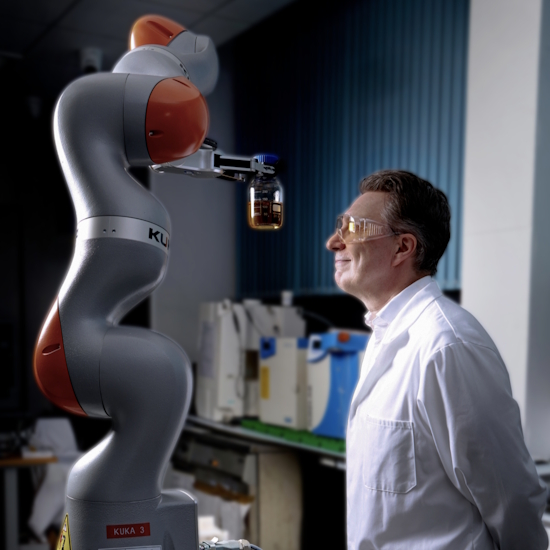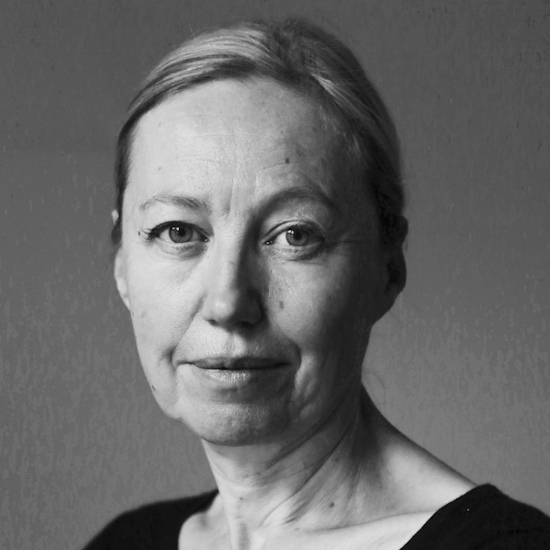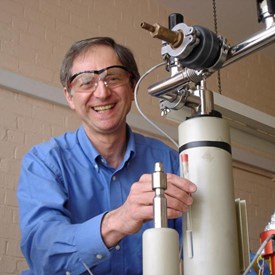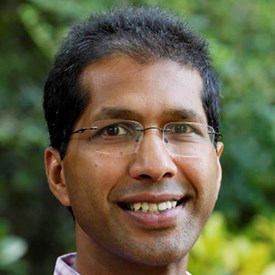The award
The Davy Medal is awarded for outstanding contributions in the field of chemistry. The medal is named after Humphry Davy FRS, the chemist and inventor of the Davy Lamp, and was first awarded in 1877. The medal is of bronze, is awarded annually and is accompanies by a gift of £2,000.
Eligibility
The Davy medal is open to UK/Commonwealth/Republic of Ireland citizens or those who have been residents for three or more years. There are no restrictions on career stage and nominations will remain valid and shall be considered by the award selection committee throughout three nomination cycles. Teams or groups may now be nominated for this award.
Nominations are currently closed
Nominations are closed and will reopen on 1 December 2025.







